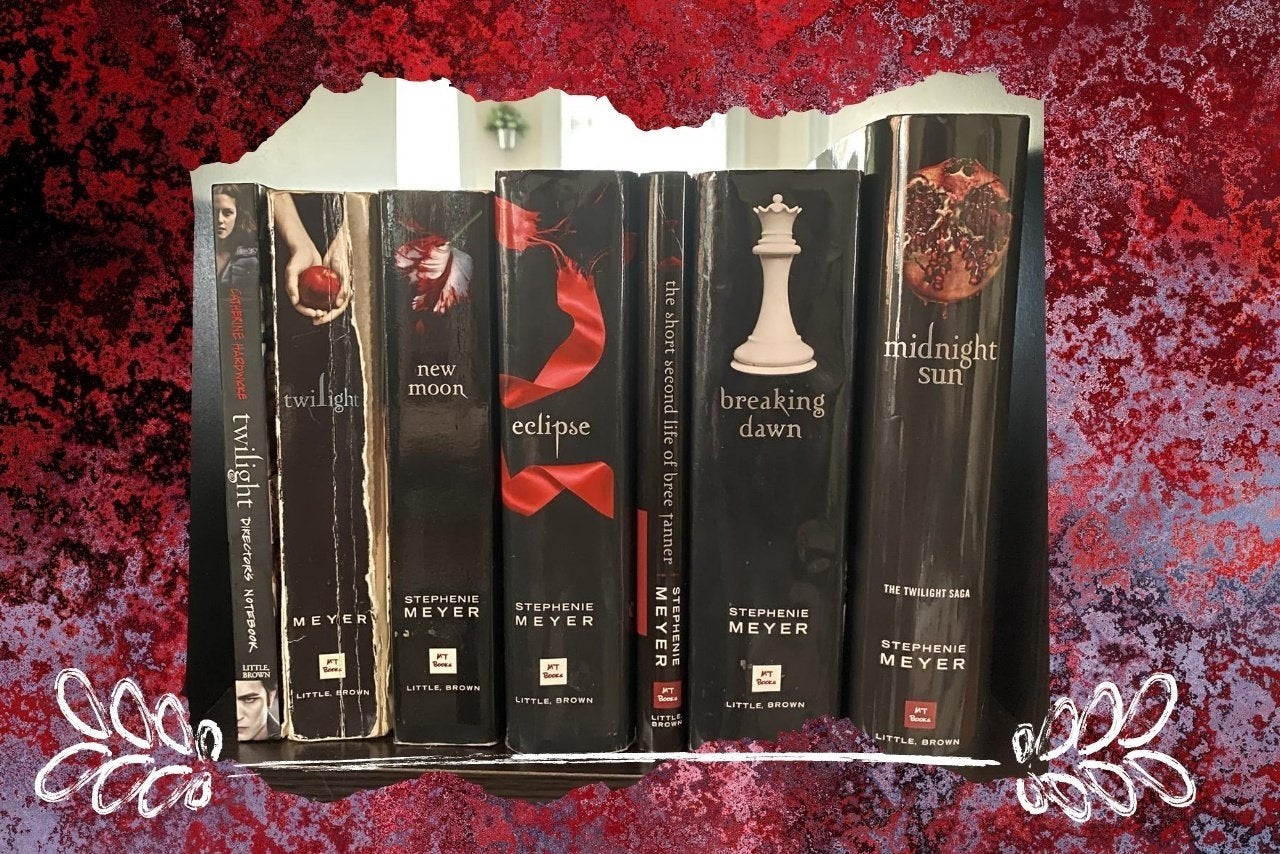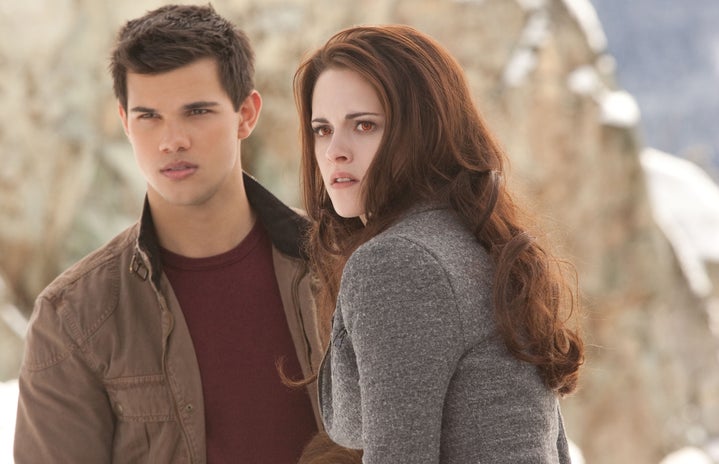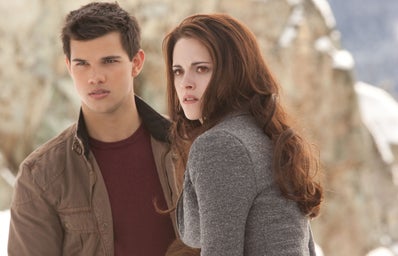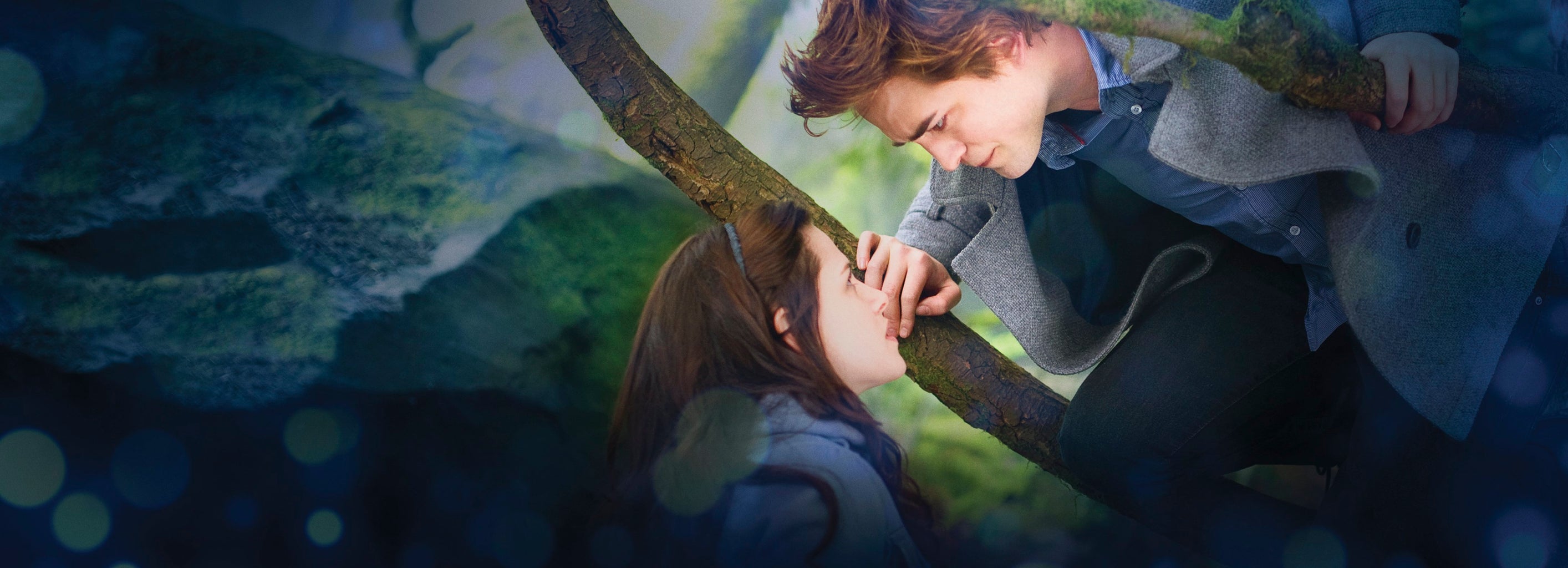The Twilight Saga’s New Moon perfectly encapsulates the beautifully heartbreaking mood that follows the change of seasons. As the second installment in the series, it continues the love story between Edward Cullen and Bella Swan, but not in the traditional way.
The movie opens on Swan’s 18th birthday, which brings with it feelings of losing time and youth as she has physically aged one more year than Edward has, and it highlights her fear of losing him of old age while he remains young and unchanged.
What’s more, her English class reading is “Romeo and Juliet” by Shakespeare, which emphasizes the importance of making the most of your time with your loved one, because you never know when your partner is going to fake death to rendezvous with you in exile and then you kill yourself because you believed them to actually be dead (you never know!)
“Romeo and Juliet” also brings to light that making rash decisions can lead to tragedy, especially with the opening lines of New Moon being Swan reciting, “These violent delights have violent ends, And in their triumph die, like fire and powder, Which as they kiss, consume.” This quote highlights that you should not make rash decisions based on feelings alone because it can end in absolute tragedy.
In New Moon, Cullen is faced with the terror that Swan wants to become a vampire like him, while all he wants is for her to live a happy, human life, unscathed by the monstrosity that is vampirism. He worries she’s making a rash decision in order to be with him indefinitely, and this fear devours him.
The movie also deals with Cullens’s fear of losing Swan to another vampire simply because he’s in her life. This is the reason why the movie hits home with the fall season because he worries about this so much that he leaves her in order to protect her, causing Swan immense sadness and loneliness.
Bella is so affected by Edward’s leaving that she falls into a depression that leaves her victim to nightly nightmares.
During the change of seasons from warm, happy summer to bitter cold, windy autumn, a lot of us experience moods that reflect the season. This is perfectly depicted in New Moon as Swan sits in her chair, watching the months go by while “Possibility” by Lykke Li plays (which, on its own, is already emotionally devastating). As the months change from September to October to November to December, Swan remains in the same state, while her room also changes: with each passing month, more of the pictures of her friends on her wall disappear, signaling her losing them to her inattention through her depression without Cullen. :(
Another autumnal feature of New Moon is the series use of filters. In Twilight, the movie is shown in a blue hue to signify Edward’s sadness and desperation to keep Bella safe from harm. But for New Moon, we’re thrown into the world of warm tones to signify the importance of Swan’s friend Jacob’s part in her life while Cullen is gone. This hue in itself is reminiscent of the falling leaves and brings us so perfectly into autumn.

Now, not only does New Moon provide a beautiful visual of the feelings of fall, but it also gives us the perfect soundtrack to jam out to while the leaves fall from the trees and it becomes cold and dark.
The Twilight Saga: New Moon (Original Motion Picture Soundtrack) includes songs like “Rosyln” by Bon Iver and St.Vincent, “Slow Life” by Grizzly Bear and Victoria Legrand, “Hearing Damage” by Thom Yorke (Radiohead’s very own frontman), and, of course, “Possibility” by Lykke Li.
While the soundtrack is quite literally perfect on most accounts, there happens to be another autumn song that happened to come from the idea of New Moon: “Haunted” by none other than Taylor Swift. While she was dating New Moon star Taylor Lautner, she created this song based on the story of the movie, but it never made it into the official soundtrack. Its lyrics describe the loss and utter sadness Swan feels throughout the movie and it fits the aesthetic wonderfully.
Now, go and sit in a chair by your window and watch the seasons go by!! Actually, no, maybe don’t do that.




